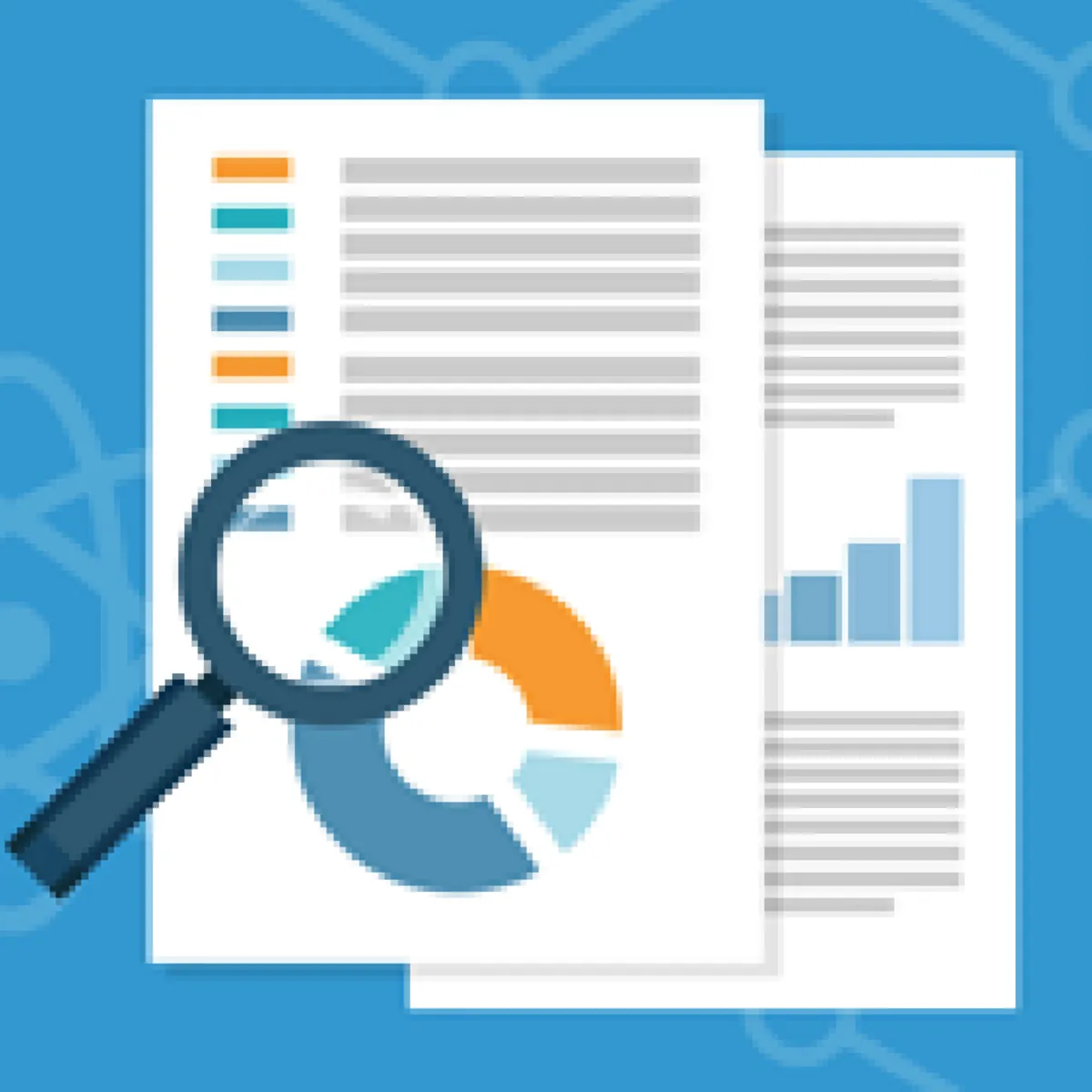
Tools for Data Science 
This course provides an introduction to the popular tools used by Data Science professionals. It covers the Data Scientist's tool kit, including libraries and packages, data sets, machine learning models, kernels, and open source, commercial, big data, and cloud-based tools. Through hands-on experience, learners will develop skills for working with these tools, including Jupyter Notebooks, JupyterLab, RStudio IDE, Git, GitHub, and Watson Studio. At the end of the course, learners will create a final project with a Jupyter Notebook, demonstrating their proficiency in preparing a notebook, writing Markdown, and sharing their work with peers. With the tools hosted in the cloud on Skills Network Labs, learners will be able to test each tool and follow instructions to run simple code in Python, R, or Scala. ▼
ADVERTISEMENT
Course Feature
![]() Cost:
Cost:
Free
![]() Provider:
Provider:
Coursera
![]() Certificate:
Certificate:
Paid Certification
![]() Language:
Language:
English
Course Overview
❗The content presented here is sourced directly from Coursera platform. For comprehensive course details, including enrollment information, simply click on the 'Go to class' link on our website.
Updated in [August 13th, 2023]
Skills and Knowledge Acquired:
This course will provide students with the skills and knowledge necessary to be successful in Data Science. Students will become familiar with the Data Scientist's tool kit, which includes libraries and packages, data sets, machine learning models, kernels, and various open source, commercial, big data, and cloud-based tools. Students will gain hands-on experience working with Jupyter Notebooks, JupyterLab, RStudio IDE, Git, GitHub, and Watson Studio. They will understand the features and limitations of each tool, and be able to execute code in Python, R, or Scala. At the end of the course, students will create a final project with a Jupyter Notebook, demonstrating their proficiency in preparing a notebook, writing Markdown, and sharing their work with their peers.
Contribution to Professional Growth:
This course provides a comprehensive introduction to the tools used in Data Science. It covers popular libraries and packages, data sets, machine learning models, kernels, and open source, commercial, big data, and cloud-based tools. Through hands-on experience, learners will develop the skills necessary to work with these tools, such as working with Jupyter Notebooks, JupyterLab, RStudio IDE, Git, GitHub, and Watson Studio. At the end of the course, learners will create a final project with a Jupyter Notebook, demonstrating their proficiency in preparing a notebook, writing Markdown, and sharing their work with peers. This course provides a great opportunity for professional growth, as it equips learners with the skills and knowledge necessary to use the tools of Data Science.
Suitability for Further Education:
This course is suitable for preparing further education in Data Science as it provides a comprehensive overview of the popular tools used by Data Science professionals. It covers a wide range of topics, from libraries and packages to machine learning models and open source commercial big data and cloud-based tools. The course also provides plenty of hands-on experience to develop the necessary skills to work with these tools. Furthermore, the course culminates in a final project with a Jupyter Notebook, which allows students to demonstrate their proficiency in writing Markdown and sharing their work with their peers.
Course Provider

Provider Coursera's Stats at AZClass
Discussion and Reviews
0.0 (Based on 0 reviews)
Explore Similar Online Courses

Stock Market Investing for Beginners

Photoshop for Web Design Beginners

Python for Informatics: Exploring Information

Social Network Analysis

Introduction to Systematic Review and Meta-Analysis

The Analytics Edge

DCO042 - Python For Informatics

Causal Diagrams: Draw Your Assumptions Before Your Conclusions

Whole genome sequencing of bacterial genomes - tools and applications

The Data Analyst Course: Complete Data Analyst Bootcamp

Data Analysis in Excel


Start your review of Tools for Data Science